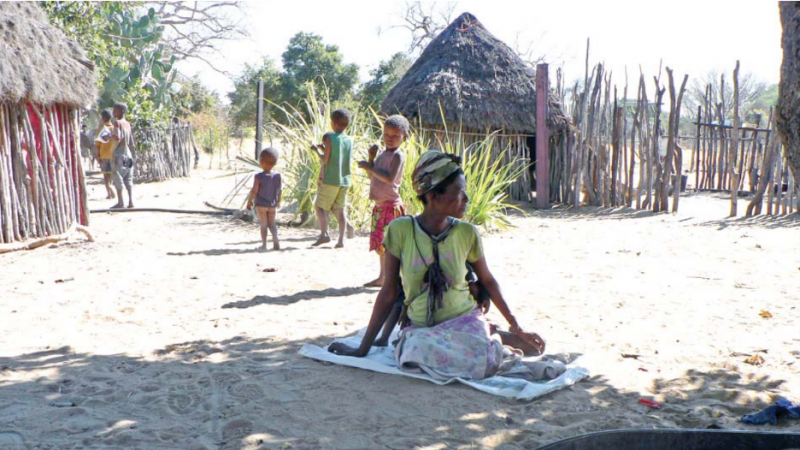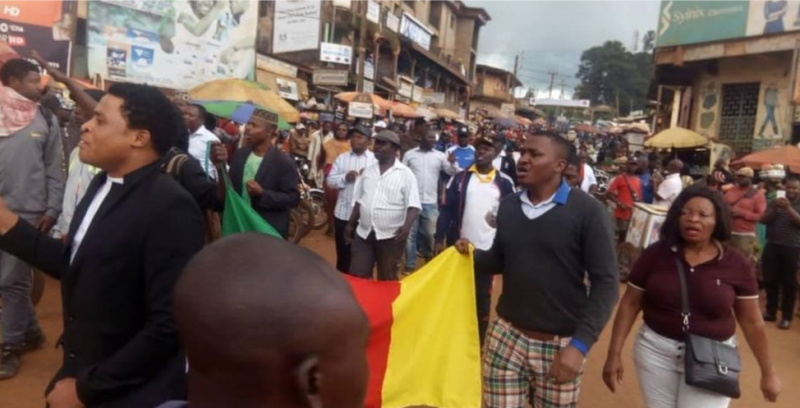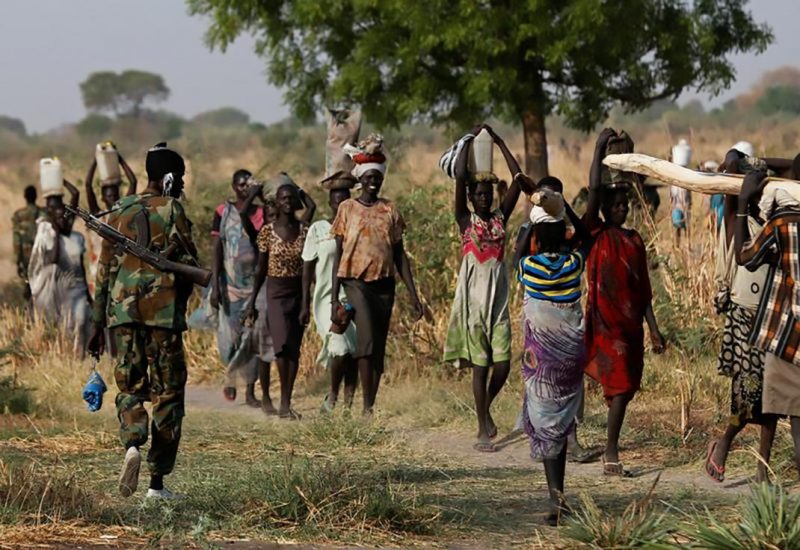By: Hannah Bennink
Impunity Watch Staff Writer
LAGOS, Nigeria – On October 8th, 2020, protests broke out across 21 states in Nigeria and in other countries around the world in response to a video posted online showing the Nigerian Special Anti-Robbery Squad (SARS) shooting a man they had forcibly removed from a hotel. The overwhelmingly peaceful protests have been met with continued violence by authorities which continues to escalate.

Police have used tear gas, water cannons, and live ammunition rounds on protestors. Gangs that politicians turn a blind eye to or support financially, commonly referred to as sponsored gangs, have also been perpetuating violence against protestors. Hundreds of protestors have been injured and at least 10 are dead, including a 17-year-old who was allegedly tortured to death on Monday.
The Nigerian Government announced on October 11th, 2020, that it would disband the SARS unit which has had been implicated in widespread human rights violations including torture, extortion, and extra-judicial killings since its creation in 1992. The government announced that it will replace the SARS unit with the Special Weapons and Tactics team (SWAT) and that former SARS agents would be ineligible to join. The training of the SWAT team will include instruction on humanitarian laws, police conduct in conflict, and human rights in the use of force, arrest and detention by the International Committee of the Red Cross (ICRC).
Senate President Ahmad Lawan has called for the protestors to stand down in light of the steps already taken by the government, and due to concerns regarding COVID-19; however, protests show no sign of ending. The protestors are now calling for the release of arrested protestors, justice and adequate compensation for the victims of police brutality at the protests, and the prosecution of the suspected responsible parties.
Amnesty International released a statement on October 15th calling for Nigeria to ensure police were complying with international human rights standards on policing, in particular the UN Code of Conduct for Law Enforcement Officials and the UN Basic Principles on the Use of Force and Firearms by Law Enforcement Officials. Contrary to the government’s multiple commitments to ending human rights violations in the past, Amnesty International has documented at least 82 cases of torture, ill-treatment, and extra-judicial executions in the country between January of 2017 and May of 2020.
The African Commission on Human and Peoples’ Rights released a press statement on October 13th, 2020, expressing concern regarding the excessive use of force by police against the SARS protestors. While the Commission welcomed the dissolution of the SARS unit, it emphasized that the abuses in Nigeria were not unique to SARS and ultimately called on the government to initiate overall reforms to address gaps in policies and laws regulating police conduct.
Violence continues to escalate in Nigeria following the shutdown by protestors in Lagos, the country’s commercial hub, this week and the escape of over 200 prisoners from a state prison. There continue to be reports of heightened police brutality and coordinated attacks on protestors. The conflict has been gaining global attention through internet campaigns like #EndSARS, #EndBadGovernance, #BetterNigeria, and #FixNigeriaNow.
BBC NEWS – End Sars protests: Amnesty warns of ‘escalating attacks’ – 19 Oct. 2020
Reuters – Nigerian Police pledge ICRC training as thousands protest nationwide – 18 Oct. 2020
Human Rights Watch – Nigeria: Crackdown on Police Brutality Protests – 16 Oct. 2020
Associated Press – Nigeria’s anti-police brutality protests block major roads – 16 Oct. 2020
BBC NEWS – Ends Sars protests: Osun governor escapes ‘assassination attempt’ – 18 Oct. 2020


